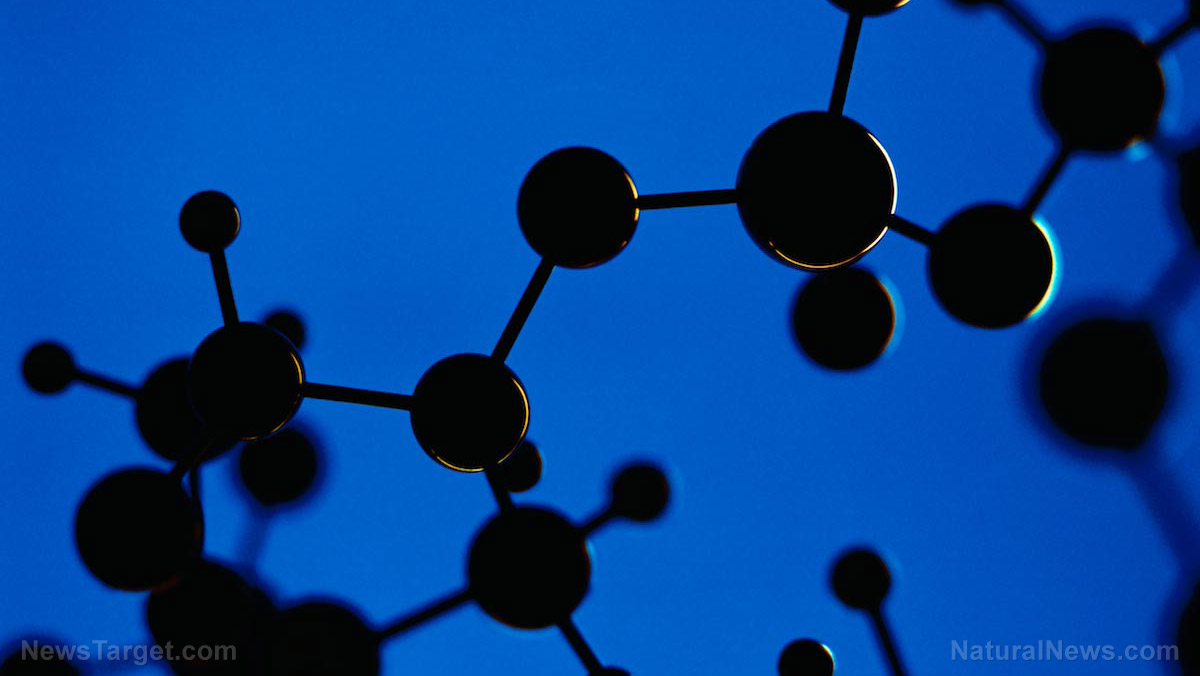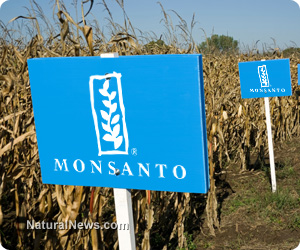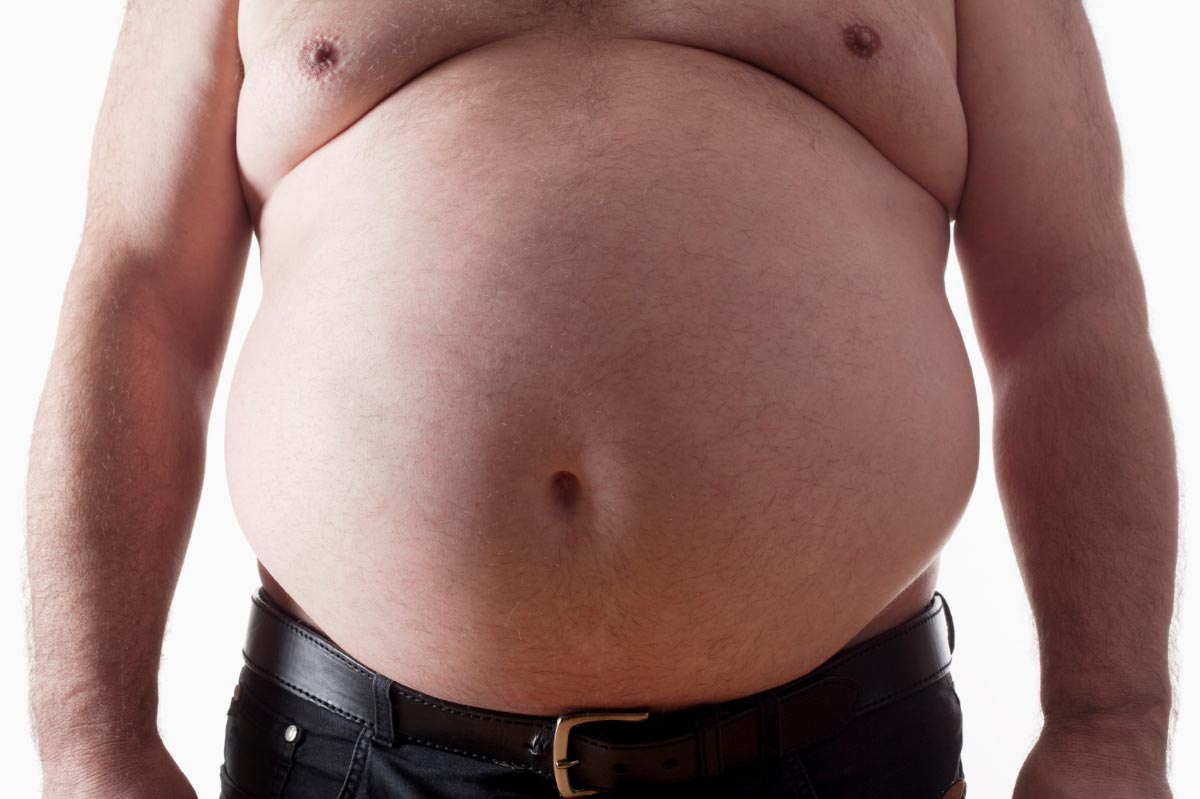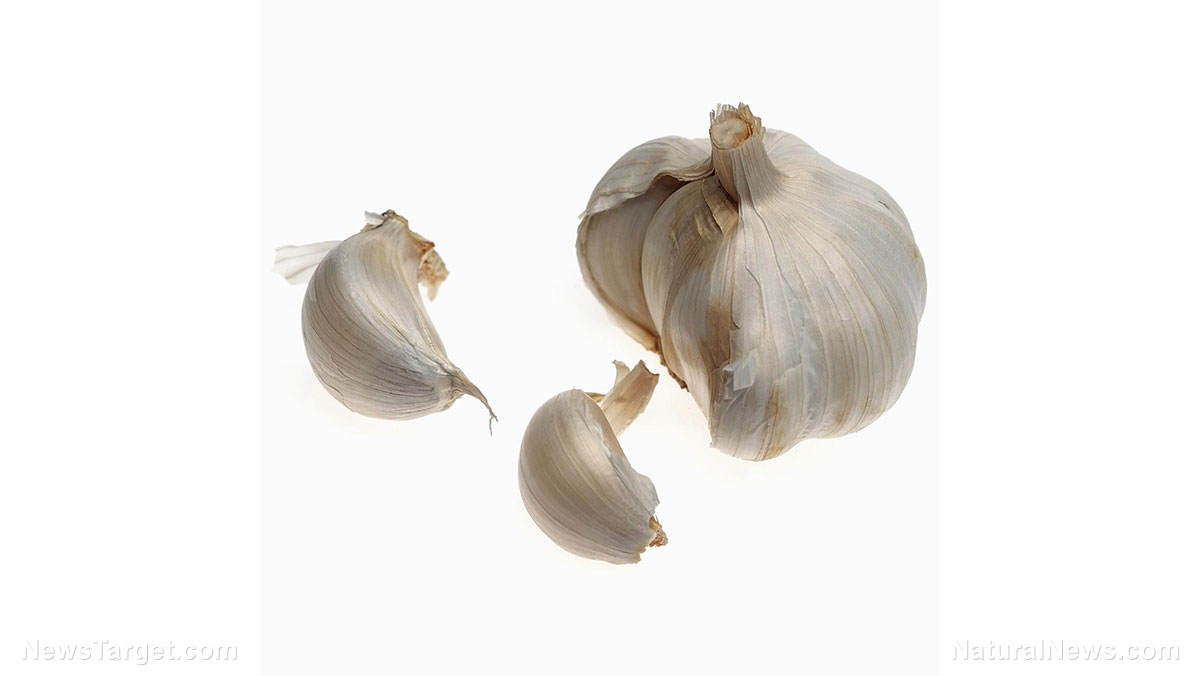How drinking coffee reduces cancer risk
12/10/2018 / By Ellaine Castillo

Many people can’t survive without the energy boost that their morning coffee provides. But if you’re not one of those people, there are many other reasons why you should start getting your daily dose of coffee. A review paper, which was published in the journal Scientific Reports, revealed that drinking coffee significantly reduces the risk of liver cancer, especially hepatocellular carcinoma. This effect was observed for both the caffeinated and decaffeinated kind so you can benefit from coffee regardless of your preference.
Liver cancer is the sixth most common type of cancer worldwide. In 2018, the World Cancer Research Fund estimated more than 840,000 new cases of this disease. There are many different reasons why you can get this disease. A specific type of liver cancer called hepatocellular carcinoma typically occurs in people with cirrhosis caused by hepatitis B or C, as well as alcoholic and non-alcoholic fatty liver disease.
The high incidence of liver cancer is very unfortunate since only 18 percent of the people with liver cancer survive the next five years after diagnosis. This is true even with the available treatments, which include chemotherapy, radiotherapy, and surgical removal of the affected liver portion. Moreover, these conventional treatments are associated with adverse side effects that can even increase mortality risk. Although there are natural remedies that can be used in place of conventional liver cancer treatments, these might not be 100 percent effective so prevention is still better than cure.
Drinking coffee has shown great potential in reducing the risk of liver cancer because it contains caffeine, chlorogenic acid, and diterpenes. These compounds are known for their ability to neutralize free radicals, reduce inflammation, and prevent cancer development.
Researchers from the University of Southampton and the University of Edinburgh conducted a systematic review and meta-analysis of 34 studies on the effects of drinking coffee on the relative risk of hepatocellular carcinoma. They also restricted the results to eliminate the effects of viral hepatitis status, body mass index, Type 2 diabetes, alcohol consumption, and smoking on the development of the disease to determine the extent of coffee’s therapeutic potential.
The results of their study show that drinking coffee effectively reduces the risk of hepatocellular carcinoma by up to 33 percent even in patients who have preexisting liver diseases. However, these effects were not as prominent for the decaffeinated kind. To achieve these benefits, the researchers recommend drinking an extra two cups per day.
Other health benefits of drinking coffee
If you’re looking for more reasons to enjoy your coffee, then here are some other health benefits of getting your daily dose of java:
- Coffee helps you lose weight — Caffeine increases the body’s ability to burn fat by up to 10 percent in obese individuals and 29 percent in slim people. However, this effect is gradually lost in people who drink too much coffee.
- Coffee lowers your risk of Type 2 diabetes — If you suffer from elevated blood sugar levels, then increasing your coffee intake might be good for you. Studies have shown that coffee can lower blood sugar levels and consequently bring down the risk of type 2 diabetes by 23 to 50 percent.
- Coffee protects you from neurodegenerative diseases — As a person ages, their risk of developing neurodegenerative diseases like Alzheimer’s, dementia, and Parkinson’s increases. But, if you regularly drink coffee you can reduce the possibility of getting these diseases by up to 65 percent.
Even with the many benefits of coffee, you should still limit your intake since too much of it can cause anxiety, sleep disorders, digestive problems, and addiction. Moreover, if you prefer drinking decaf coffee, make sure that no harmful chemicals were used in the caffeine removal process. (Related: If you drink decaffeinated coffee, make sure the caffeine was removed using water and not toxic chemical solvents.)
For more articles about natural cancer prevention methods, visit Anticancer.news.
Sources include:
Tagged Under: caffeinated coffee, cancer risk reduction, coffee, decaffeinated coffee, disease prevention, food cures, hepatocellular carcinoma, Liver cancer, liver health



















